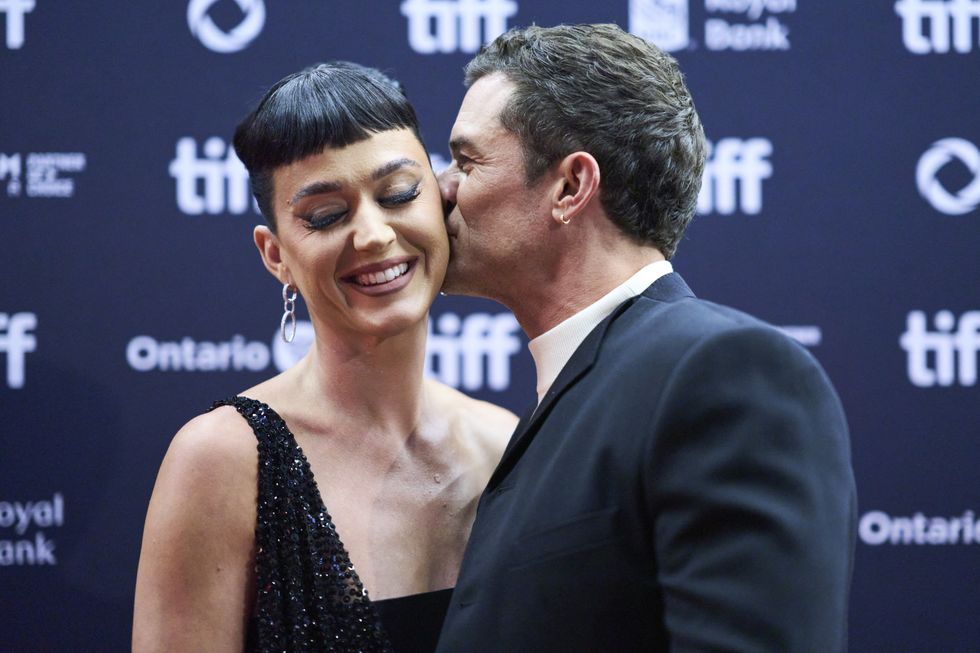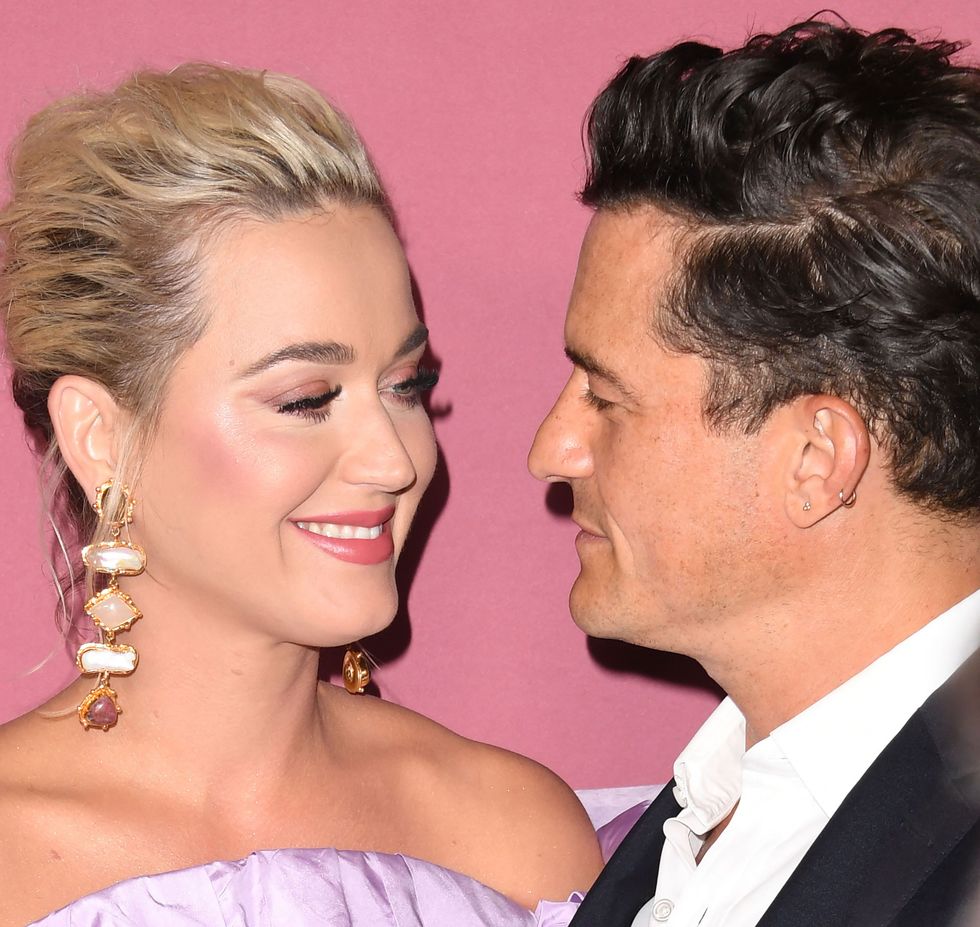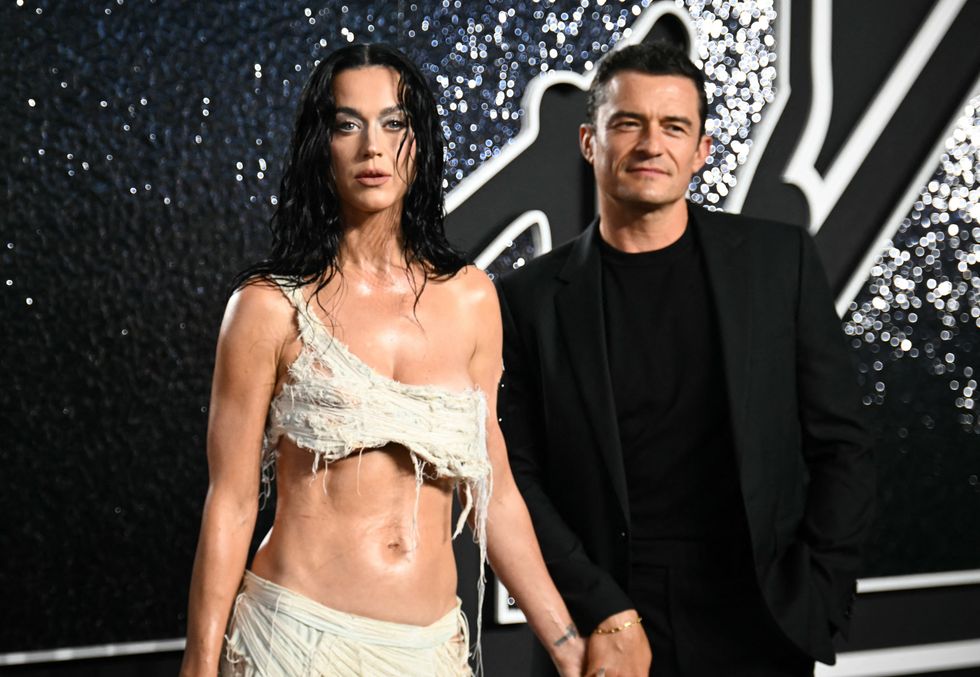THIS week Manikarnika: The Queen of Jhansi marches into cinemas around the world and at forefront of the historical juggernaut is actress Kangana Ranaut.
She plays a real-life warrior queen who takes on the might of the British army in the ambitious 19th-century epic, which is the most physically demanding role of her career. The popular star has also co-directed the film about an inspiring ruler who has become a part of Indian folklore.
I caught up with Kangana to find out more about the first mega-budget movie of 2019.
Have you had a chance to look back on your cinematic journey?
It is not like you play your memories like a television or digital show to look back at them. Your memory is a collective experience already stored in your personality. So how I operate today is a sum total of these experiences across many years, and they are always in my actions and the way I am. Knowingly or unknowingly, I am going to operate through a bundle of experiences stored in my memory.
Has the way you choose films changed?
I can’t say I am the same person who chose (my debut film) Gangster. The criteria of choosing that movie was just getting a job because I was unemployed. Today my criteria is where I am and stand as an individual. So yes, the way I am is a result of who I am today.
What did you like about Manikarnika: The Queen of Jhansi?
We have collectively made Manikarnika, so what matters is what the audiences like about it. When Manikarnika came to me it was just an idea. Then we collectively built it into something that today can be watched and sort of be evaluated, by people who are outside of it. I obviously liked everything about it and we as a team are completely in sync with it. We have collectively made Manikarnika what it is today, but when we started it was just a thought and we acted upon that. It is what it is today because of that.
How aware were you of the story of Rani Lakshmibai beforehand?
I had heard her legacy was larger than life and knew she is a national hero. Honestly I did not know the details of her personal life, which obviously was researched by the team and shared with me. I then did my own research and got into the intricacies of how her life panned out from a personal experience as opposed to just knowing about the heroic folklore.
Is this the most physically demanding role you have played?
Undoubtedly this has been the most challenging part as far as the physicality is concerned. You will see that I am not someone who posts gym photographs on social media and things like that. I do things like yoga that enhance my inner strength, inner health and inner wellbeing as opposed to gaining muscles. I don’t like keeping my physical strength to an
extraordinary proportion because I personally feel I am born with a lot of energy and touchwood, I am very fiery. I don’t like to work on my physicality in that sense because it brings about a lot of restlessness in me. I like to keep working on my inner self as opposed to my physicality.
But you had to change all that for this film.
That is not the energy I needed for the battles, horse riding and sword fights. I found it very difficult to shift my lifestyle. I was just on horses and battling for a year, doing all sorts of stunts. So I had to build up my stamina and put on weight because, in those days, they needed to be well built to do the horse riding and battles. I had to keep all that in mind to make the role convincing. I also had to demonstrate that ferocity so I had to literally show strength and animalistic expressions, which was a different kind of discomfort
because I have never been so physically ferocious in my life.
What would you say is your own favourite moment in the movie?
Well, there are many glorious moments in the film and many extraordinary ones as a performer, which I feel I have instilled as a director. The film is like a baby for me, so I won’t judge one part as being better than another.
Are there any behind-the-scenes moments from making this movie that will stay with you?
This was an extremely great opportunity for me so my first day as a director is something I will value for life. It was a scene with Jisshu Sengupta, where I first did the staging, then directed the shot, so I will always remember that.
So is directing something that you want to pursue further?
Yes, of course, I would like to.
How important is it to keep the memory of heroic characters like Rani Lakshmibai alive?
I think it is very important because the youth today are absolutely ungrateful for the gifts they have and most complain about what our society lacks or what they would want to have, but they do so without contributing anything themselves. There are so many who will complain, but won’t get up for themselves to make a real change. Rani Lakshmibai said, ‘we might be slaves because of our ancestors, but I am going to singlehandedly change that.’ So I believe it is important to keep these thought processes alive.
Finally, why should we watch Manikarnika: The Queen of Jhansi?
There is no reason not to watch it. So you must watch it.
Manikarnika: The Queen of Jhansi in cinemas now.
















 Katy Perry Orlando Bloom Choose Co Parenting Future After Nine YearsGetty Images
Katy Perry Orlando Bloom Choose Co Parenting Future After Nine YearsGetty Images  Katy Perry and Orlando Bloom focus on raising their daughter with love and respect Getty Images
Katy Perry and Orlando Bloom focus on raising their daughter with love and respect Getty Images  Katy Perry and Orlando Bloom end their long running romance and plan to raise their daughter together as a family
Katy Perry and Orlando Bloom end their long running romance and plan to raise their daughter together as a family